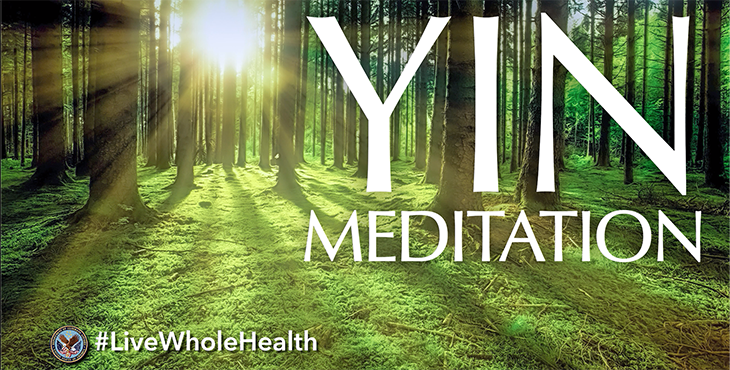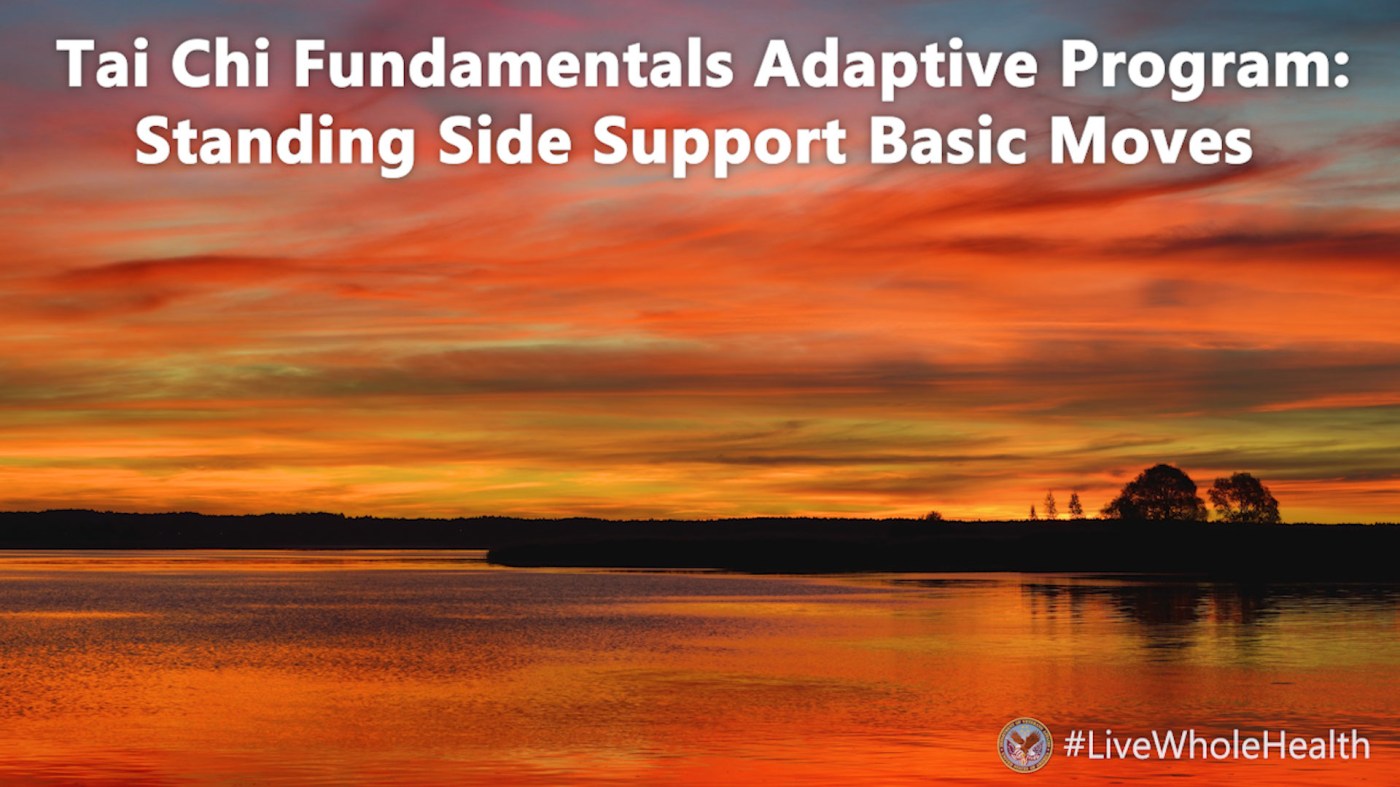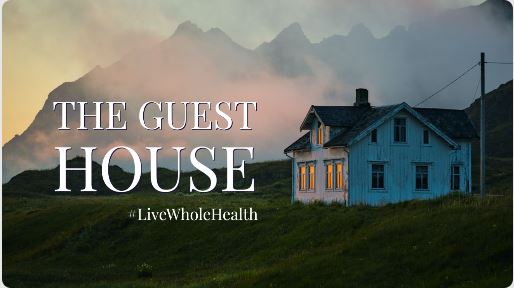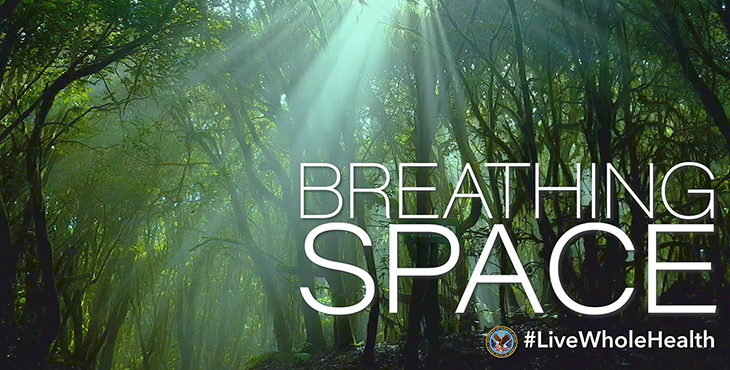Yin and yang are ancient concepts often used to describe opposites, like day and night, earth and sky, summer and winter. Within the concept of opposite, yin and yang also speak to a harmonious, interconnected relationship. For example, noon is considered the most ‘yang’ time of day and midnight the most ‘yin.’ Yet when we think about dusk and dawn, we can see how the energy is transforming from one to the other, and back again, in a continuous eternal loop.
When thinking about the seasons, yang is the bright summer, with longer days, the sun shining intensely – a hot, energetic time. We are active, engaged, all is growing and producing, the summer garden is bountiful. Yin is exemplified by the winter months – cool, dark and quiet. Trees are dormant, gardens are barren, we spend more time inside engaged in more quiet activities.
There are many different styles of meditation – some are yang and some are yin. Yin meditation encourages being open to what might unfold during the experience. A yin meditation helps us to be curious, open, and gentle towards our inner experience and can support self-compassion.
Find a comfortable posture and Join Dr. Juli Olson for this 8-minute Yin meditation.
Yin meditation can help us to slow down and cultivate a sort of fluid stillness, like a still pool of water. What are some other ways you can slow down and find stillness? Here are a few ideas:
- Take a slow, mindful walk/stroll in nature.
- Take a pause and a few slow, deep breaths.
- Find a peaceful spot in nature to sit and soak it the natural beauty.
- Take some time to read a relaxing book, collection of poetry, or other favorite story.
Each of us has the power to impact our well-being. Whole Health offers the skills and support you need to make the changes you want. The Circle of Health can get you started with self-care resources to live a happier life: https://www.va.gov/WHOLEHEALTH/circle-of-health/index.asp.
Alison M. Whitehead, MPH is the acting director for the Integrative Health Coordinating Center in the VHA Office of Patient Centered Care and Cultural Transformation.
Topics in this story
More Stories
Forget 'No Pain, No Gain'—try 'No Pain, More Gain' with Tai Chi! Calm the mind and gift yourself well-being in this week's #LiveWholeHealth practice.
Rumi’s "The Guest House" invites us to welcome each emotion as a teacher, even the unexpected ones. Listen and reflect for this week's #LiveWholeHealth practice.
Your breath is the most loyal friend you've always had. Connect, calm and heal with mindful breathing in this week's #LiveWholeHealth practice.







I have been receiving treatment from a Physician for sleep apnea. I have very disruptive sleep as a result of possible PTSD. My Doctor suggested I research yoga/meditation as a way to help my issues at night. My therapist also recommended this type of treatment. My Therapist treats me with EMDR during our sessions. I served in the Army and was Honorably discharged. Any help or guidance would be greatly appreciated. I live in Bellmore New York.